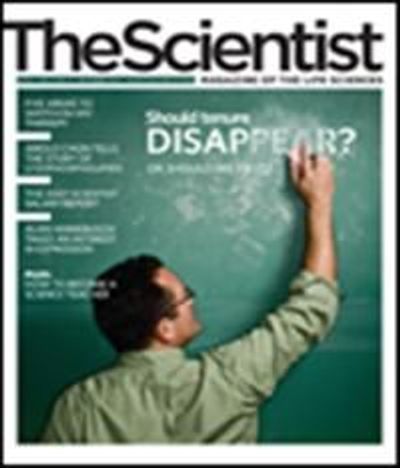This spring, The Scientist received a letter signed by Fertility and Sterility editor Alan DeCherney, asking to retract comments he made three months earlier, in which he accused authors of an F&S paper of plagiarism. The authors of the 2005 paper, on mitochondrial DNA in ovarian failure, are still facing allegations from a scientist who claims they stole his research and left him off the author list.
Authorship disputes are a fairly regular occurrence in science, a natural offshoot of the oppressive demands of a "publish or perish" system. So much can be at stake: If a postdoc or young professor receives that all-important top billing of first author, they are more likely to earn tenure, or a lifetime-guaranteed career. (See "Does Tenure Need to Change?")
There are so many problems with the current system of scientific authorship, it's hard to know where to start looking for solutions....
What do you think of authorship rules? Tell us here
Glenn McGee is the director of the Alden March Bioethics Institute at Albany Medical College, where he holds the John A. Balint Endowed Chair in Medical Ethics.gmcgee@the-scientist.com
References
1. P.C. Gøtzsche et al., "Ghost authorship in industry-initiated randomized trials," PLoS Med, 4:e19, 2007. 2. V. Ilakovac et al., "Reliability of disclosure forms of authors' contributions," CMAJ, 176:41, 2007.Interested in reading more?
